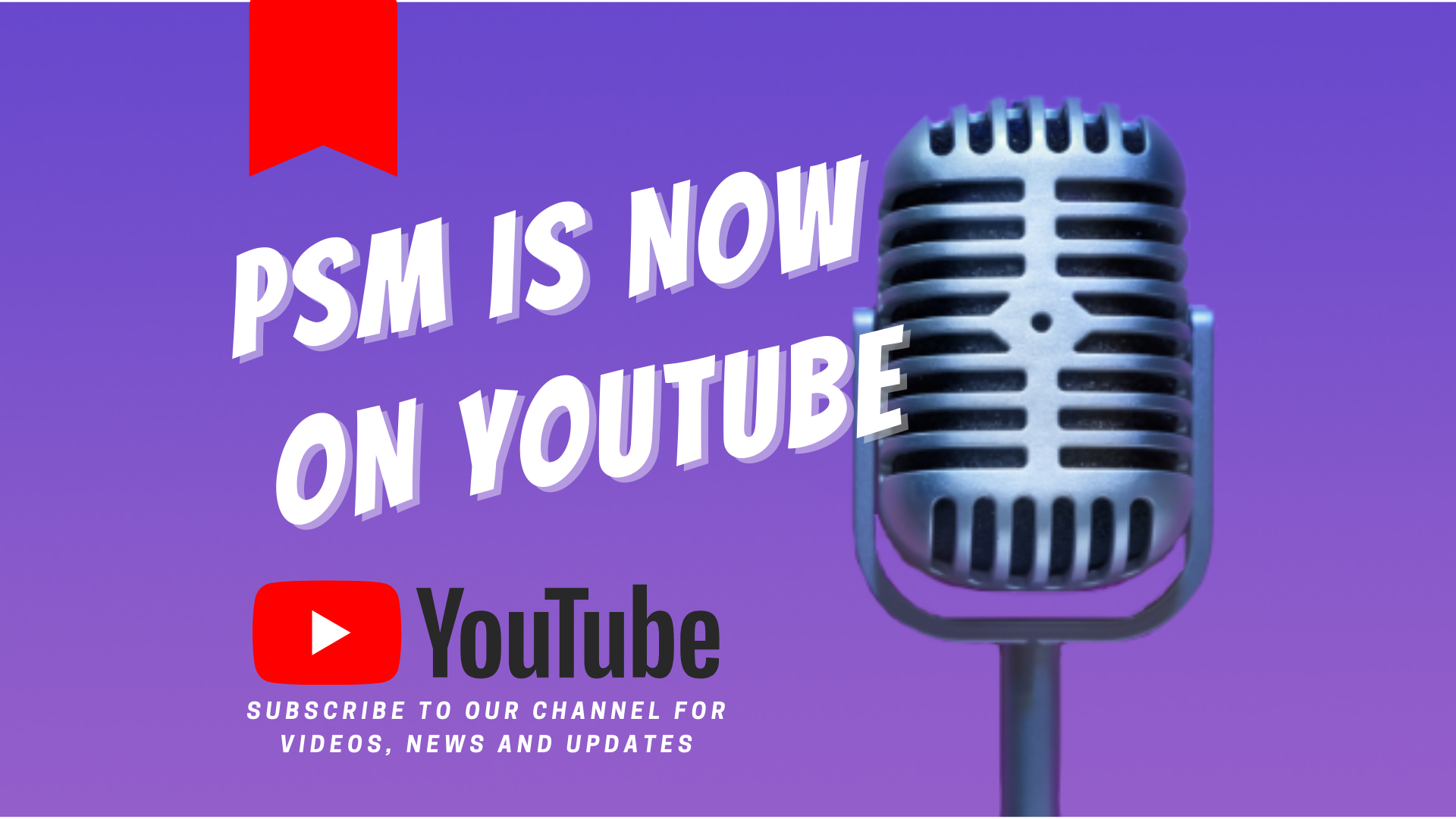Unlock the Power of Emotional Intelligence - The Secret to Sales Success
May 18th, 2023
7 min read

The Secret to Sales Success
Emotional intelligence (EQ) is more important than ever because it helps individuals and teams navigate an increasingly complex and interconnected world. It is an essential skill for building strong relationships, managing stress, and achieving success both in personal and professional life.
We could look at emotional intelligence as the GPS for our emotional and social navigation. Just like a GPS is more important today with the fast-paced and ever-changing world, emotional intelligence has become more important than ever to navigate through the complex and dynamic aspects of our personal and professional lives.
Psychologist and author Daniel Goleman, one of the most prolific writers on emotional intelligence, discovered a handful of competencies while studying high performers. When he looked at what set top leaders apart, the skills that made the difference were those within emotional intelligence. In other words, EQ isn’t just a nice-to-have for high performance; it’s the distinguishing factor.
It’s easy to see why professional success today depends on EQ.
Emotional intelligence is directly related to resilience – our ability to engage with challenges, sustain performance, rebound quickly from adversity, and learn and grow from our experiences.
When you’ve developed EQ, you can cope with stressful conditions, maintain a positive outlook and are less likely to burn out.
Nevertheless, just because some individuals seem to naturally possess a high level of emotional intelligence does not mean that it can’t be learned or developed over time.
Similar to how you can develop skills to be a stronger leader, anyone can increase their EQ. Learn the strategies, and practice them until they become second nature.
Let’s look at what kind of sales strategies an individual with a high emotional intelligence (EQ) might use.
Active Listening:
A high EQ individual would actively listen to the customer, paying close attention to their concerns and needs. They would be able to pick up on nonverbal cues and respond accordingly, which can help to build trust and credibility with the customer.
Active listening is an important component of emotional intelligence that can help improve your sales process in several ways:
- Understanding the customer: By actively listening to your clients, you can better understand their needs, concerns, and buying motivations, which can inform your sales pitch and help you tailor it to their specific circumstances.
- Building trust: By showing your clients that you are genuinely interested in their needs and concerns, you can establish yourself as a trustworthy and dependable advisor, which can lead to increased customer loyalty and repeat business.
- Identifying objections: Active listening can also help you identify any potential objections or concerns that your clients may have about your product or service, allowing you to address them proactively and overcome them.
- Problem solving: By listening closely to your clients, you can help them understand the problem, and present them a solution that will address their concerns and give them value.
- Personalization: Active listening can also allow you to personalize your sales pitch and tailor it to the specific needs and preferences of your clients, which can help increase their engagement and willingness to buy.
- Negotiation: The more you understand about the client and his need, the more effectively you can negotiate and seal the deal.
Overall, active listening is key to building a strong relationship with your clients, understanding their needs and concerns, and ultimately closing more sales.
Self-awareness:
Someone with high EQ would be self-aware, they would be able to recognize their own emotions and how they impact their behavior. They would be able to manage their emotions during sales interactions, making sure not to let any negative emotions affect their communication with the customer.
Here are a few ways that self-awareness can help:
Staying calm and composed: By being aware of your own emotions, you can better manage them, which can help you stay calm, composed, and in control during sales meetings and presentations. This can help you build trust and credibility with your clients, and make them feel comfortable working with you.
- Communicating effectively: By understanding your own communication style, you can adapt it to match the style of your clients, which can help improve your ability to connect with them and communicate effectively.
- Understanding body language: Self-awareness also helps you recognize and respond appropriately to the nonverbal cues of clients.
- Building rapport: By understanding your own behavior and emotions, you can better understand those of others and build rapport with clients more easily.
- Reflecting and adjusting: Self-awareness also allows you to reflect on how a meeting or conversation went, and adjust your approach for next time, which can help you become a more effective salesperson over time.
- Conflict resolution: Self-awareness also can help in resolving conflicts with clients by understanding the root of the conflict and resolving it amicably.
Overall, self-awareness is an important skill for any salesperson, as it can help you stay calm and composed, communicate effectively, build rapport with clients, and improve your sales process over time.
Empathy:
An individual with a high EQ would be able to understand and appreciate the customer's perspective, and respond in a way that shows that they genuinely care about the customer's needs. They would be able to put themselves in the customer's shoes and understand their wants, needs, and concerns.
Empathy can help improve your sales process in several ways:
- Building rapport: Demonstrating empathy helps create a sense of trust and understanding between the salesperson and the customer. This can make the customer feel more comfortable and open to the sales process.
- Identifying needs: By actively listening and trying to understand the customer's perspective, a salesperson who uses empathy can more easily identify the customer's needs and tailor their pitch accordingly.
- Addressing objections: Understanding the customer's perspective can also help a salesperson anticipate and address any objections the customer might have.
- Improving customer experience: Empathetic salespeople are better able to create a positive and personalized experience for their customers, which can improve customer satisfaction and increase the likelihood of repeat business.
Flexibility:
High EQ individuals are able to adapt to different situations and changing circumstances. They would be able to adjust their approach to different customers and different situations, which can be critical in sales where one size does not fit all.
Let’s look at a few ways’ flexibility can help you succeed:
- Adapting to changing customer needs: By being flexible in the sales process, a salesperson can adjust their approach and strategy to better meet the changing needs and concerns of the customer. This can help improve the overall customer experience and increase the likelihood of making a sale.
- Handling objections: Salespeople who are flexible can respond to customer objections in a creative and effective way, that can help to persuade the customer to take an action.
- Building trust: Flexibility in the sales process can also help build trust with customers. It can show that the salesperson is willing to work with the customer to find a solution that meets their needs.
- Tailoring the Pitch: Flexibility in the sales process can help the salesperson to tailor their pitch and presentation to the customer's preferences, making it more personalized and engaging, increasing the chances of making a sale.
- Considered as a resource: A flexible salesperson is seen as a resource for the customer, who can help them to navigate through the buying process, this will enhance the customer's trust and increase the chances of making a sale.
Building relationships:
A high EQ person would focus on building long-term relationships with customers, rather than just trying to make a sale. They understand that the customer's satisfaction and trust is the key to a successful sale and customer retention.
Here are a handful of ways’ building relationships will improve your business:
- Increased revenue: Strong relationships with customers can lead to upselling and cross-selling opportunities, resulting in increased revenue for the business.
- Enhanced trust: Building trust with customers through relationship building can lead to increased loyalty and customer retention, which can translate into long-term growth for the business.
- Access to valuable customer insights: Building relationships with customers can provide the business with valuable insights into customer needs and preferences, allowing it to improve its products and services, and develop more effective marketing strategies.
- Referral generation: Happy and satisfied customers are more likely to refer their friends and family to the business, which can help it to acquire new customers at a low cost and increase the customer base.
Communicating effectively:
High EQ individuals are able to communicate effectively, both verbally and non-verbally. They would be able to express their ideas clearly and persuasively, and be able to read the customer's cues and respond in a way that is appropriate to the situation.
Let’s look at how effective communication will help your sales process:
- Building trust and rapport: Effective communication is a key factor in building trust and rapport with customers. By communicating clearly and listening actively, salespeople can establish a strong connection with the customer and create a positive, human connection.
- Addressing concerns and objections: Effective communication can help salespeople anticipate and address any concerns or objections the customer might have. It allows to answer questions and provide information that can help the customer make an informed decision.
- Personalizing the sales pitch: Through effective communication, salespeople can gather information about the customer, such as their needs, goals, and pain points, and tailor their pitch and approach to better align with the customer's specific needs.
- Improving the overall customer experience: Effective communication helps the salesperson to create a positive and personalized experience for their customers, which can improve customer satisfaction and increase the likelihood of repeat business.
- Closing deals: Effective communication also helps salespeople to effectively negotiate and close deals, by providing clear and persuasive information that can help the customer to make a purchase decision.
Customer-centric approach:
A high EQ individual would take a customer-centric approach, focusing on meeting the customer's needs and exceeding their expectations. They would understand that keeping the customer happy is the key to success in sales.
So, how does a customer-centric approach help grow my business?
- Personalization: A customer-centric approach allows you to tailor your sales process to the specific needs and preferences of each individual customer, rather than using a one-size-fits-all approach. This can increase the effectiveness of your sales efforts and lead to higher conversion rates.
- Building trust: By focusing on the needs and concerns of your customers, you can build trust and establish a positive relationship with them. This can lead to repeat business and positive word-of-mouth marketing.
- Identifying new opportunities: A customer-centric approach can help you identify new opportunities for sales and expansion. By listening to and understanding the needs of your customers, you may be able to identify new products or services that they would be interested in.
- Improve customer retention: Understanding your customer's pain points, preferences and providing solutions for them not only increase the chances of repeat business, but also drives loyalty.
- Problem solving: By putting the customer at the center of your process, it allows you to understand their problems and challenges and provide solutions that addresses their needs. This can help increase the effectiveness of your sales process, as you are able to identify and address customer pain points more effectively.
Wrapping it up
Using emotional intelligence in your sales process can be a powerful tool for growing your business. By being able to understand and connect with your customers on an emotional level, you can build stronger relationships, increase customer loyalty, and identify new opportunities for sales and expansion.
By developing their emotional intelligence, salespeople can unlock the power to achieve greater success in their sales efforts. This can be done through various means such as self-reflection, training, and seeking feedback.
Emotional intelligence is not just something that one is born with, it is something that can be developed over time. By making it a priority, salespeople can achieve a competitive edge in the marketplace and take their sales performance to the next level.
Topics:


%20-%202025-09-12T164054.227.png?width=600&height=338&name=Marketing%20Hub%20CTA%20Image%20(600%20x%20338%20px)%20-%202025-09-12T164054.227.png)










